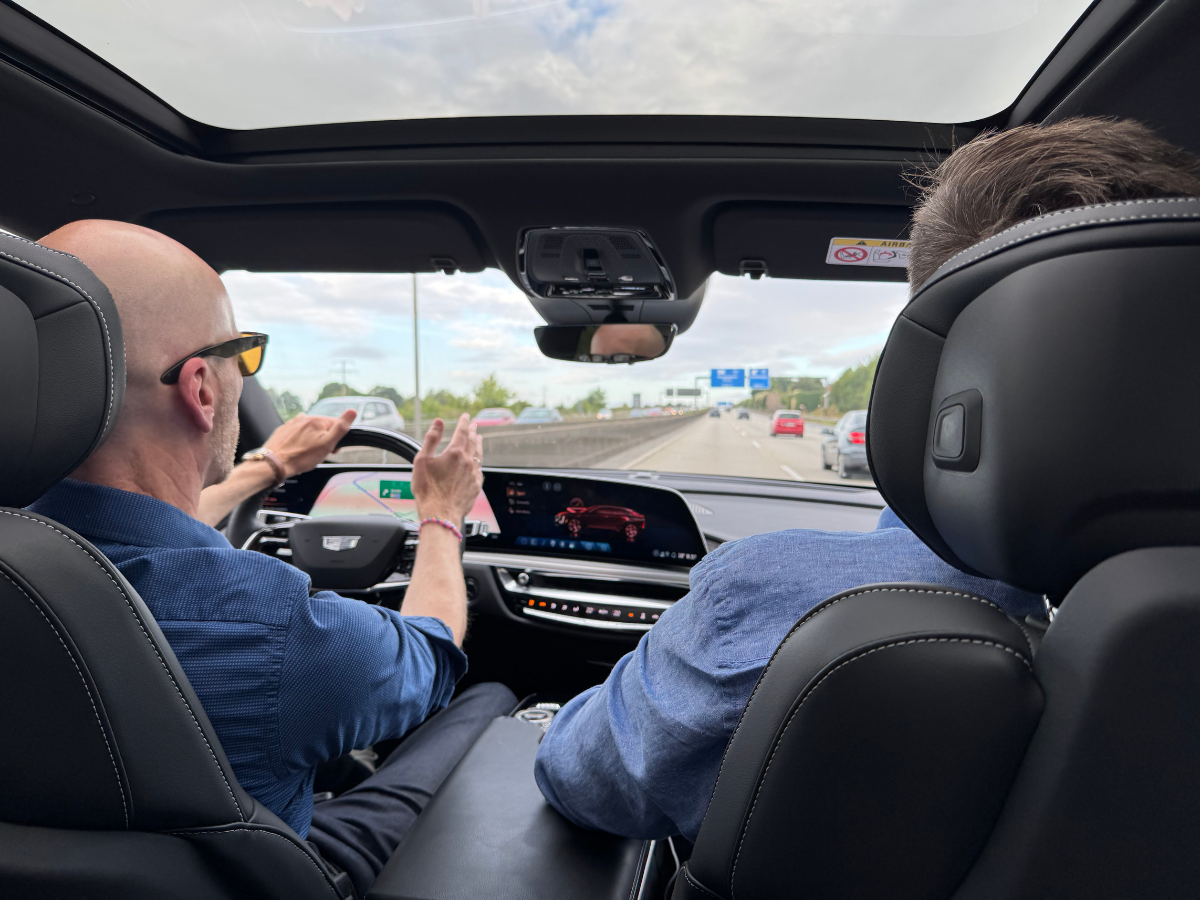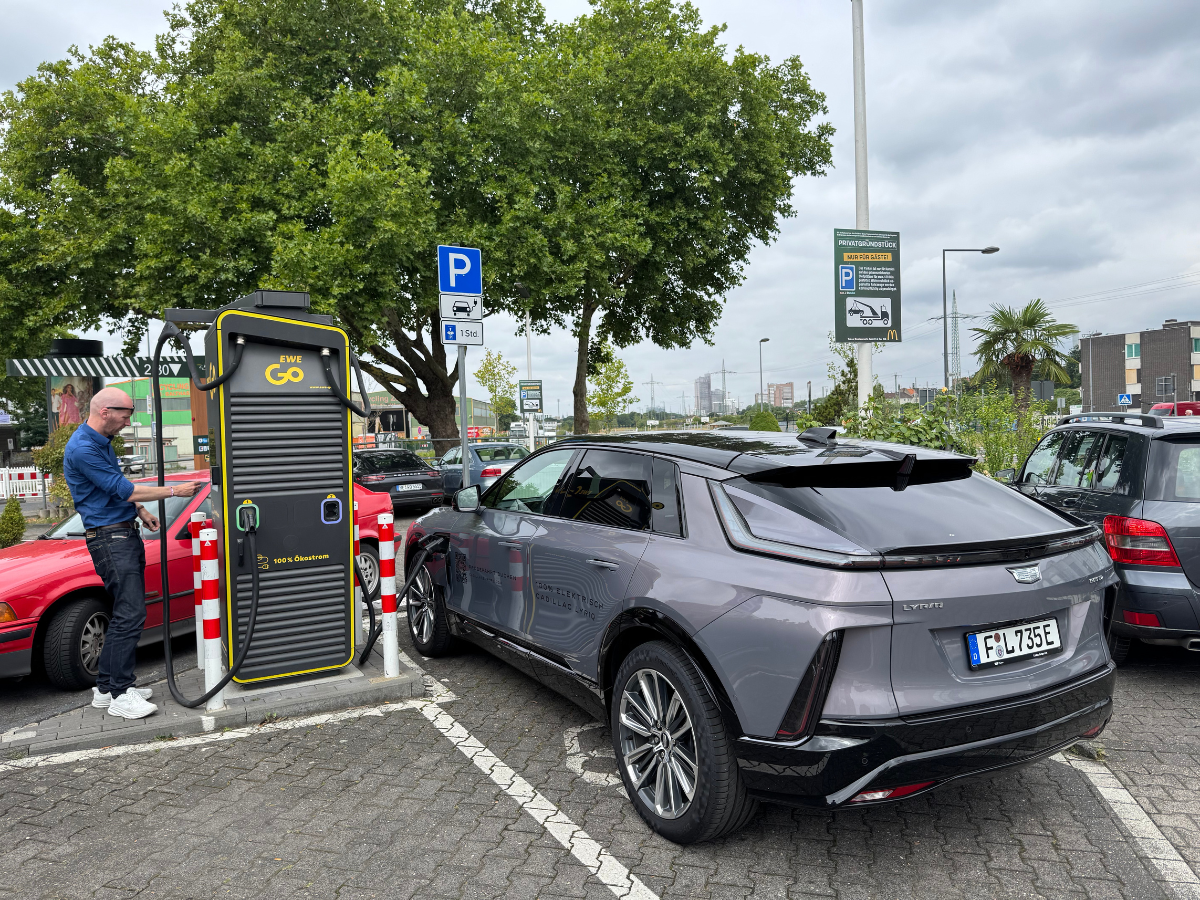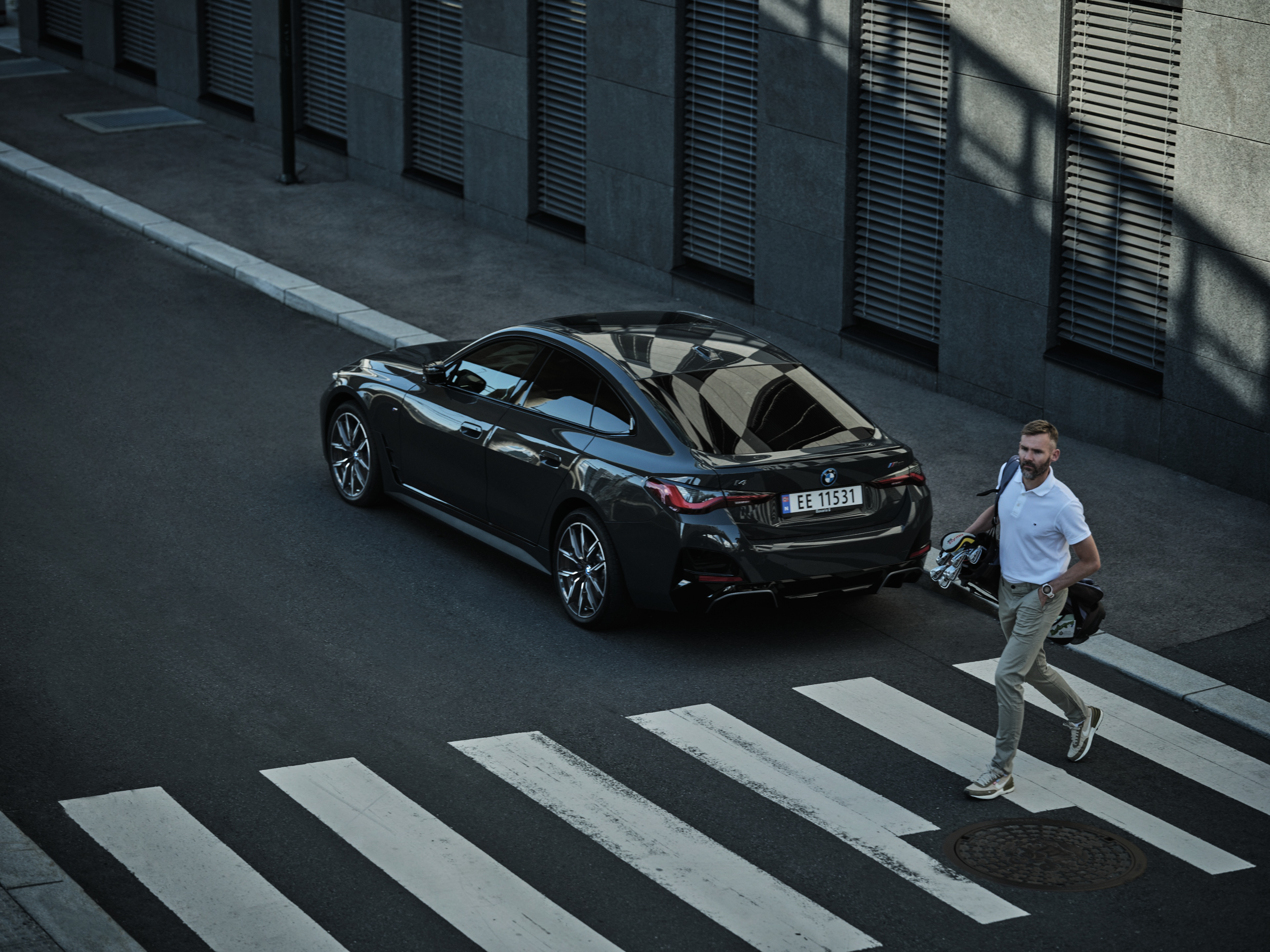Earlier this summer, the Casi Crew was on the ground in Germany, meeting with partners, visiting logistics hubs, and taking the latest EV models for a spin. From Munich’s city streets to the motorways heading north, the trip was a chance to see first-hand how Europe’s largest car market is evolving.
What struck me most was the sense of momentum. In July 2025, battery-electric vehicles (BEVs) accounted for 18.4% of all new passenger car registrations — nearly one in five. That’s a sharp rebound from last year’s dip and proof that electrification is finding its footing again.
For anyone in the premium EV segment, this is your time to shine. Based on what we saw and heard on the ground (and backed by the latest market data,) here are three focus areas that will help turn momentum into wins.

1. Price and Simplicity Still Rule — Especially in Leasing
Leasing is the backbone of the German car market. In 2024, 48.4% of all new-car registrations were leased, up from 46.7% the year before. BEV leasing grew even faster; around 56% of BEV registrations were leased in 2024, compared to ~41% in 2023 (Institut der deutschen Wirtschaft).
In the premium segment, shoppers still benchmark monthly cost against the vehicle’s list price, the well-known “leasing factor.” A lease of around 1% of vehicle value per month is perceived as strong.
But what I hear repeatedly, and saw reflected in conversations on this trip, is that price alone is not enough. What customers want is what I call Total Cost of Usership: the full, transparent cost of driving the car, with no hidden fees and no surprises. One price, one contract. That simplicity is fast becoming as important as the car itself.
2. SME Fleets Are the Momentum Market
Commercial buyers make up 67.5% of all new registrations in Germany (KBA). SMEs, those running fleets of 5 to 50 vehicles, are particularly active. The latest BDL study shows over 60% of German firms consider leasing when planning investments, and roughly 80% of those go on to lease. Passenger cars, including EVs, are at the top of their leasing priorities.
SMEs have high expectations, and meeting them can be the difference between winning or losing the deal. Here’s what works in this segment:
- One price, one contract, one contact — bundle the car, service, tires, insurance, roadside assistance, and charging in a single monthly payment.
- Risk-managed flexibility — uptime SLAs, courtesy cars, pooled mileage, clear and fair early-exit terms.
- Simple, digital journeys — plus a human touch — eKYC, e-signatures, and self-serve changes paired with fast, personal follow-up.
- Charging made easy — offer home installation, public roaming, and clear running cost visuals.
- Transparent value — keep offers around a clear leasing factor and show exactly what’s included.
Leasing is already a key driver of BEV adoption and in 2024, BEV leasing penetration outpaced the overall market. If we make the process radically simple for SMEs, give them the confidence that every detail is covered, and remove complexity from the contract, they will lead the next wave of EV adoption in Germany.

3. Digital Will Define the Path to Purchase
Germany’s dealership networks remain powerful, but the way people choose and acquire vehicles is changing fast. According to Mercedes-Benz Mobility, around 70% of German buyers would conclude a vehicle contract entirely online — but that doesn’t mean the future is exclusively digital.
This is where omnichannel comes in. Simply put, omnichannel means giving customers a connected experience across every touchpoint whether they start online, in a showroom, or somewhere in between. Each step should link seamlessly to the next.
The most effective model blends digital convenience with human reassurance. For example: start online, schedule test drives, hand over at a dealer or logistics hub, and manage swaps or returns digitally — mapping to the 70% online-contract intent while keeping the in-person interactions that build trust.
Why does it matter? Because customers want choice and control. Some will complete the whole process online. Others want to see the car first, speak to an expert, or pick up keys in person. The providers who connect all of these options into one smooth journey will win both customer satisfaction and market share.
Solutions like the Casi platform make it possible to tie every step together, from browsing and booking to contract signing and vehicle handovers, so the customer journey feels easy, connected, and built around them.
A Final Thought from the Road
Driving a high-performance EV across Germany is quiet, powerful, and proof that the future is here. The cars are ready, the market is ready — now it’s about making the experience so seamless and straightforward that choosing electric becomes the obvious choice.













.avif)




.png)







